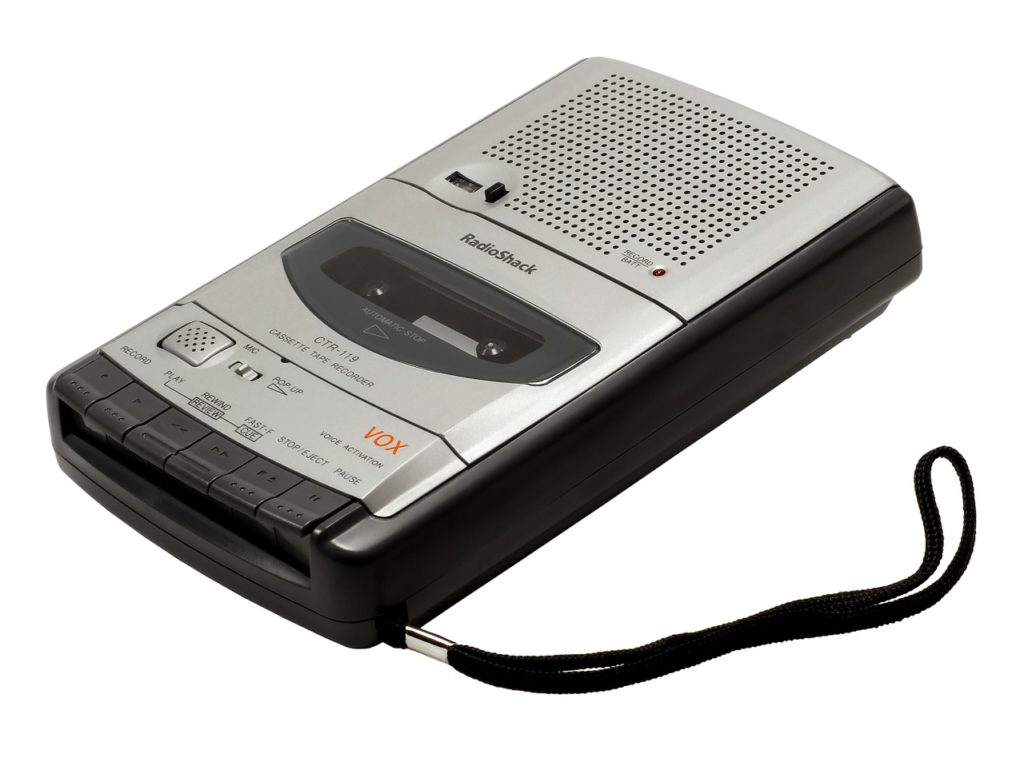
Secrets to Better Music Venue Booking
Music Venue Booking Is About to Get Easier
If you’re the only music venue in town, you don’t have to worry much about competition. Your biggest challenge is getting good talent to pass through your town. On the other hand, most cities are full of music venues. You’re just one of many. So how do you get better at music venue booking to build your brand and attract artists and fans?
We’ve been in the music business a long time – as in decades. We’ve seen venues come and go, as well as bands and artists. The music industry is awesome, but it isn’t easy. Especially now. COVID-19 has obliterated the live music industry, and venues and artists alike are barely breathing. We want to do whatever we can to help venues stay open, and that starts with booking the right bands.
There is some good news. The COVID-19 vaccines are giving us all hope that the days with packed venues may be just around the corner. That means you need to start planning now for what will hopefully be a surge of ticket sales due to pent up demand.
Related: Can Music Business Software Save Your Venue?
If you want to nail music venue booking, we have a few of our best insider secrets we often discuss with our clients. You may have your own tricks of the trade, but you can bet the following tips will enhance your ability to build a sustainable music venue booking strategy.
Secret #1: It’s Not About You
No offense, but just because you like certain artists or genres doesn’t mean your audience does. Oftentimes, repeatedly booking what you like could lead to empty rooms.
The key to filling your rooms is to know what your existing and potential customers want to hear – and be ready and willing to shift if their tastes change or you see new opportunities to pull in a new audience.
Of course, this means you need to take inventory of what shows have sold the most tickets. Go through your financials to view ticket sales for each show. If you don’t have this readily available, it’s time to get organized for 2021. Invest in concert booking software that pulls your ticket sales automatically from your ticket provider into your financials in real-time. You’ll be able to track sales as they happen instead of waiting weeks to learn how well (or not) your show resonated. You’ll have a running record of every show, with in-depth reporting of show performance and profitability.
With this data, you can see which acts consistently bring in a good crowd and drill into who is purchasing the tickets to see if there is room to grow your customer base by adding different music and artists options. Are you building a loyal fanbase who purchases tickets to your venue on a regular basis, despite who’s playing, or are certain bands attracting only the same fans each time they play?
Keeping up with what’s playing on the radio is another great way to know what will sell in your area. Local radio stations, particularly independent radio stations, are in tune with what their audience wants to hear. They are also more apt to play local artists who may be easier to book at your venue.
Secret #2: Learn from History
You have your own records of ticket sales, but you should also look externally to see what’s been going on around you in the past to understand how others are managing their music venue booking. Which shows did they sell out and which artists continually return? You may not be able to sway those artists to your venue, but you can use history to determine if certain genres seem to do better than others in your area.
You can also leverage Prism’s music venue booking software that has an updated reporting module that enables you to do side-by-side comparisons, like Indie Rock versus Emo Rock to see how those have performed historically. Try doing some general research on popular streaming apps, like Spotify, as well. They offer a “State of Music Today” section that is broken down into popular genres, each with a “likes” tally. Compare those with what you’re hearing on the radio in your city and you can get a good idea of where things are trending.
Keep in mind that what’s trending globally or even in your own city may not be what’s trending in your particular area of town. While you can always add new genres and artists to attract people from other parts of your city, you still want to know your customer base well enough to book artists they’ll want to see.
Using historical data can help you build a brand for your room. You can be known as “The Indie Rock Venue” in your town, or offer a variety of genres throughout the month. As long as you can consistently sell tickets to fill a room, it doesn’t matter how you want to align yourself.
Secret #3: Get Them While They’re Young
If you’re like the majority of venue owners or managers, you enjoy giving a young band or new artist a chance. It’s awesome to support their efforts and help them build a fanbase. It’s also the best time to establish a good relationship. Booking them early in their careers can help you get them back when they’ve taken off. It’s also a good way to discover new artists.
For smaller rooms or to book an artist that you think is worth trying to break in at your venue, take note of supporting artists touring with popular artists and bands. They are likely ready to headline their own show and would appreciate any opportunity they can get.
Secret #4: Get Out of The Weeds
Music venue booking has a lot of moving parts. Many venues stick to the multiple and manual systems they know to manage it all, like email and spreadsheets. It’s not fun to bring in yet another new system, but the manual work of just trying to access information from multiple sources has got to go. Your manual systems may work, but you are wasting precious time and resources to do what can be accomplished automatically in seconds.
Related: How Z2 Entertainment Transitioned Their Business to Prism
Today, you have much better options, ones that can be customized to your exact needs. By transitioning the bulk of your disconnected systems onto a single, consolidated platform like Prism, you can manage your venue with greater transparency, efficiency and confidence. All of your production details are in one place, along with hold and settlement details, calendars, offer templates, financials, and reporting.
These efficiencies result in more dollars kept in your pocket and the reporting insights show you where there opportunities to increase your profits. In an industry that is struggling to survive, it is important to streamline operations and make every effort count. Mundane, repetitive, manual tasks make it challenging to stay organized and work effectively. Now is the time to shift to an integrated solution that puts your business in the best position to do a whole lot more with less.

Matt Ford is the founder and CEO of Prism.fm, an Austin-based software company revolutionizing live music event management. With a background in entrepreneurship and a degree from the University of Wisconsin-Madison School of Business, Ford combined his self-taught coding skills with firsthand experience as a concert promoter to address the inefficiencies he observed in the industry. In 2018, he launched Prism.fm, an all-in-one platform designed to streamline operations for venues, promoters, and agencies by replacing cumbersome spreadsheets with integrated tools for booking, financial tracking, and contract management. Under his leadership, Prism.fm has grown significantly, achieving $3 million in annual recurring revenue post-COVID and securing over $15 million in funding . Ford’s commitment to building user-centric solutions has positioned Prism.fm as a trusted partner for over 1,500 venues and promoters worldwide.



